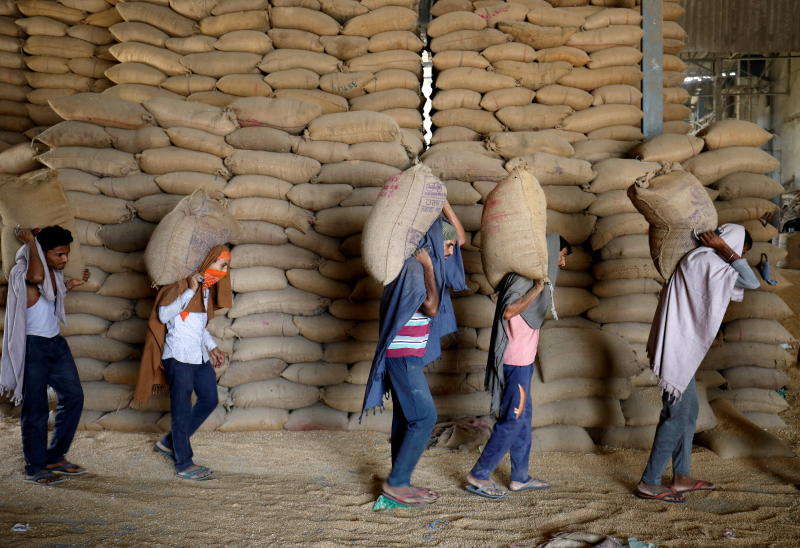
A global food shortage is expected to intensify during the third and fourth quarters this year, with the scarcity likely to benefit Thai food exporters, says the Federation of Thai Industries (FTI).
Many countries are expected to endure food shortages because nations such as India, Serbia, Kazakhstan, Kosovo and Egypt have restricted their exports, including wheat, said Kriengkrai Thiennukul, chairman of the FTI.
Stockpiling of food appears to be unavoidable, following lower crop yields as a result of a shortage of fertiliser and animal feed amid the ongoing Russia-Ukraine war.
The conflict is blamed for rising prices of fertiliser and some raw materials.
"Russia and Ukraine are among the largest exporters of commodities," said Mr Kriengkrai.
Russia is a major steelmaker and exporter as well as a key producer of wheat and corn used to feed animals, while Ukraine is a substantial exporter of wheat.
The FTI believes the Thai food industry will benefit from this situation as purchase orders increase amid growing worries over the shortages.
"Thai food factories have prepared raw materials for food processing in order to meet increasing demand in the global food market, which has been affected by the war," he said.
The federation said it is not seriously concerned about a scarcity of raw materials in Thailand because the country is rich in agricultural products.
The FTI is monitoring the global oil price surge, which may cause further inflation rate increases, said Mr Kriengkrai. Rising global oil prices are attributed for the rapid surge in Thai inflation.
The Trade Policy and Strategy Office reported headline inflation in May hit a 13-year high of 7.1%.
Earlier the FTI said the Thailand Industry Sentiment Index fell to a seven-month low of 84.3 points in May amid economic uncertainties ranging from rising inflation to political conflicts overseas.







